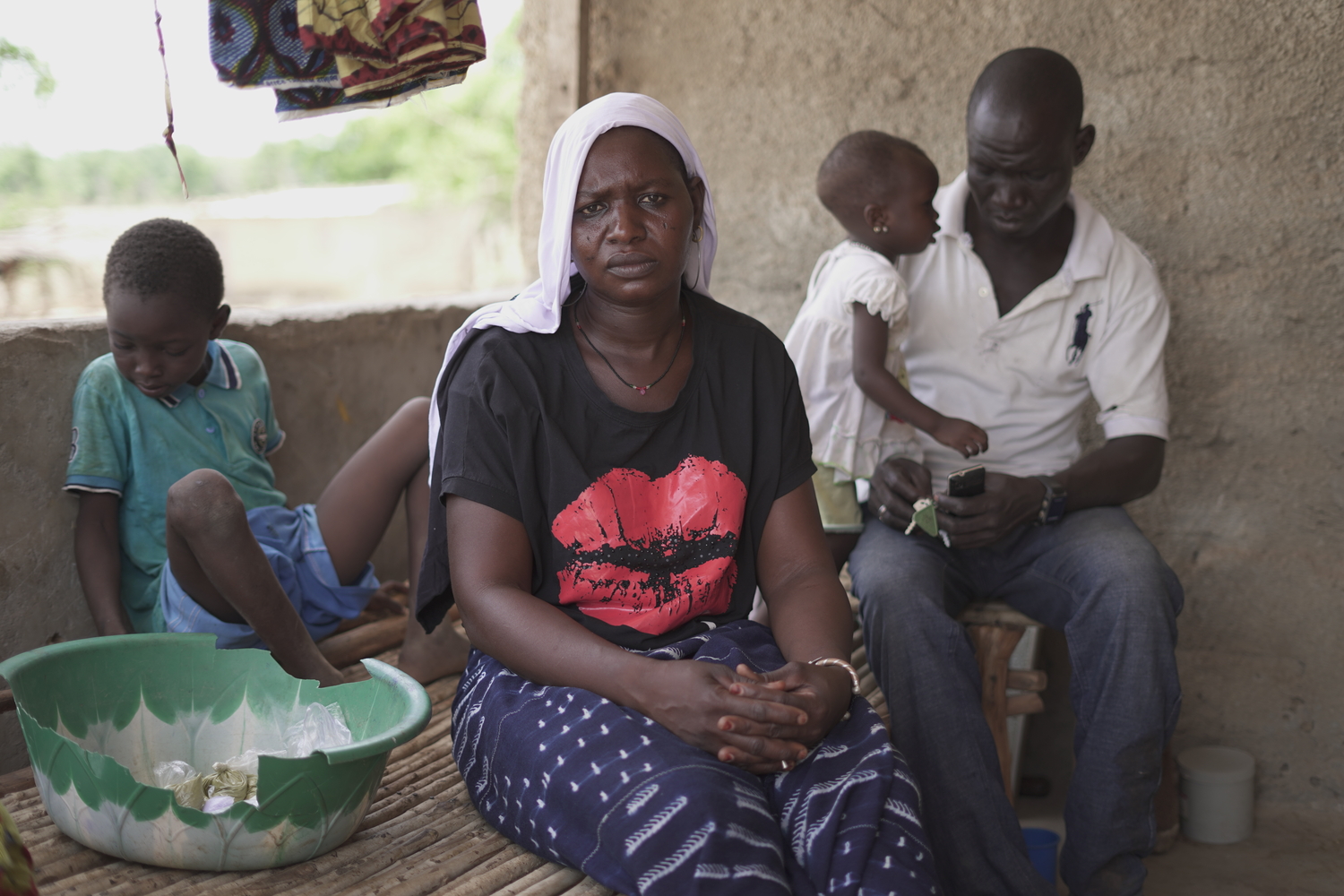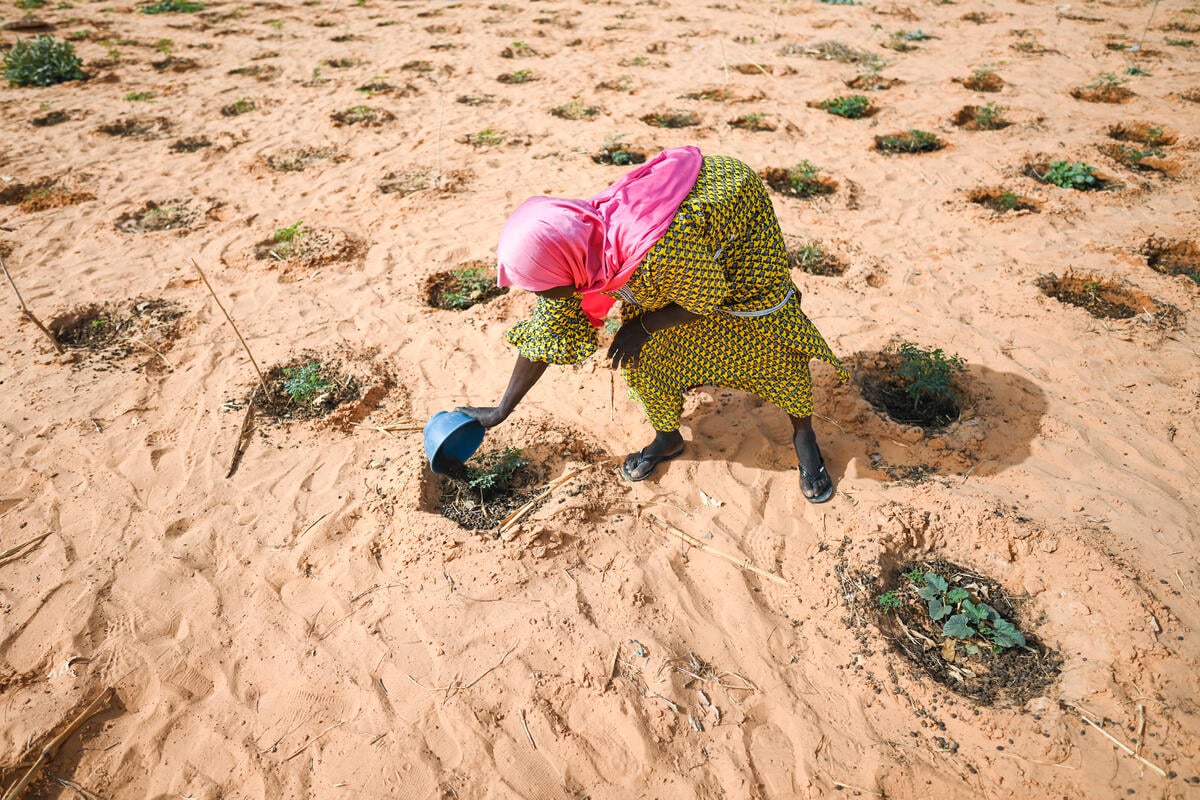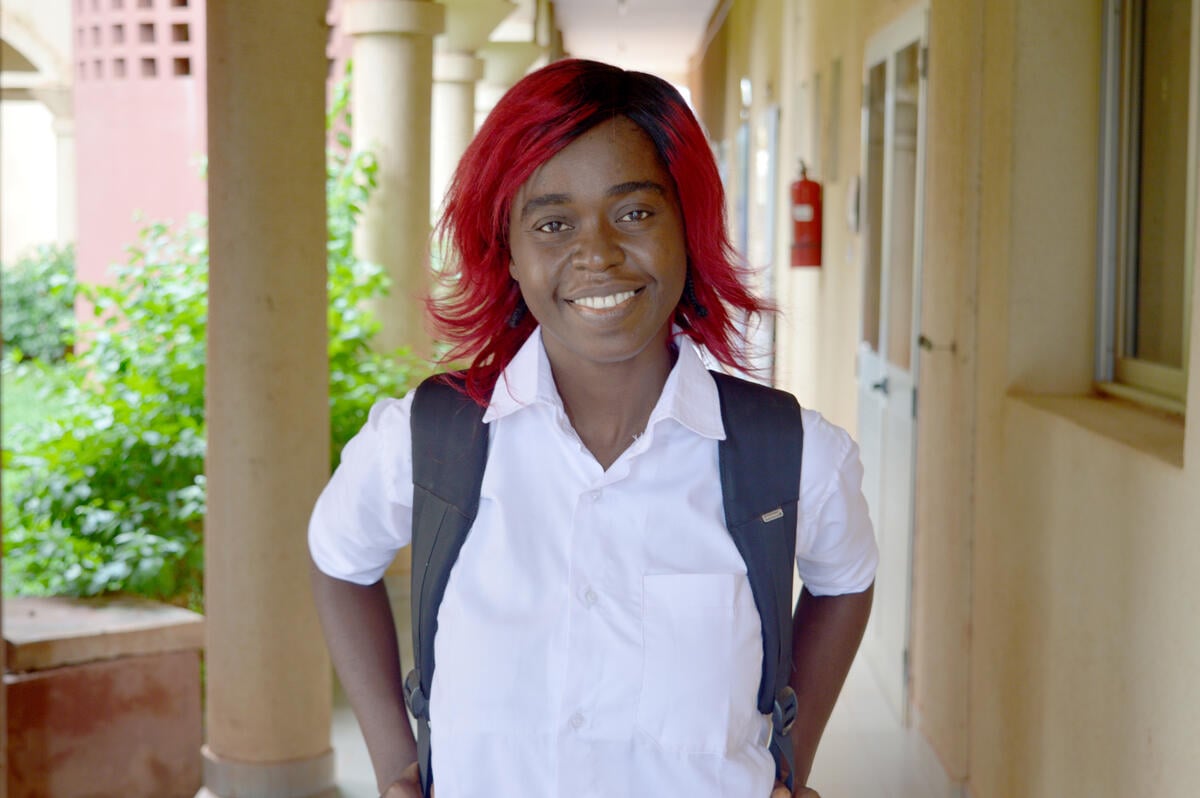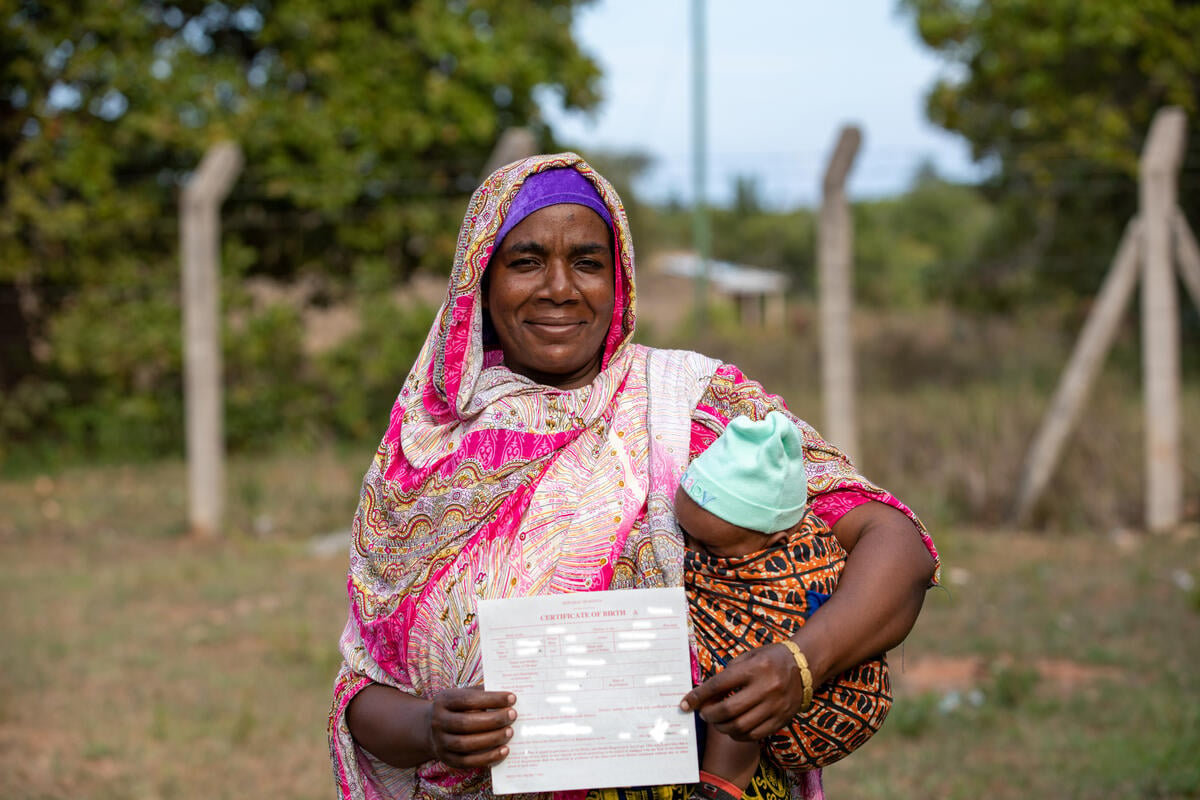Post-electoral tensions drive some 2,000 Ivorians into Liberia and Guinea
Post-electoral tensions drive some 2,000 Ivorians into Liberia and Guinea

GENEVA, December 10 (UNHCR) - The UN refugee agency said Friday it was closely following the post-electoral crisis in Côte d'Ivoire, which has led some 2,000 Ivorians, mostly women and children, to seek safety in neighbouring Liberia and Guinea.
"UNHCR continues to monitor very closely the situation in and around Côte d'Ivoire and we have taken steps to strengthen our readiness to respond should the situation deteriorate," UNHCR spokesman, Andrej Mahecic, told journalists in Geneva. "We hope that Ivorian leaders will resolve the crisis peacefully."
To date, an estimated 1,700 people have crossed into Nimba county, north-eastern Liberia. Another 200 arrived exhausted in Guinea's Nzerekore region after having walked for two days. The numbers come from local authorities in both countries.
"The refugees all fled from villages located between the towns of Danane and Guiglo in western Côte d'Ivoire," Mahecic said. "They told UNHCR their movement was precautionary, prompted by fears of instability and violence as the political deadlock persists."
A first group of 300 refugees reached Liberia on November 29, a day after the second round of presidential elections. Guinea started registering arrivals on Wednesday.
UNHCR teams are currently visiting the refugees in both countries. They are scattered in isolated and poor border villages, hosted by local communities which have been generously sharing their resources.
"Our teams touring the border areas are registering the new arrivals and assessing their conditions in order to respond to their most pressing needs," Mahecic said in Geneva's Palais des Nations. "Most of the Ivorian asylum-seekers are in good physical condition, but they urgently need food and shelter to ease the pressure on the local communities hosting them. They also need clean drinking water, clothing and basic cooking and hygiene items."
Before the current crisis, UNHCR had been assisting some 13,000 Ivorian refugees who fled the 2002 civil war in their country. These include 6,000 in Liberia, 4,000 in Guinea and 2,000 in Mali.
In Côte d'Ivoire, UNHCR is assisting some 25,000 refugees, mainly from Liberia, and 35,000 internally displaced people.







